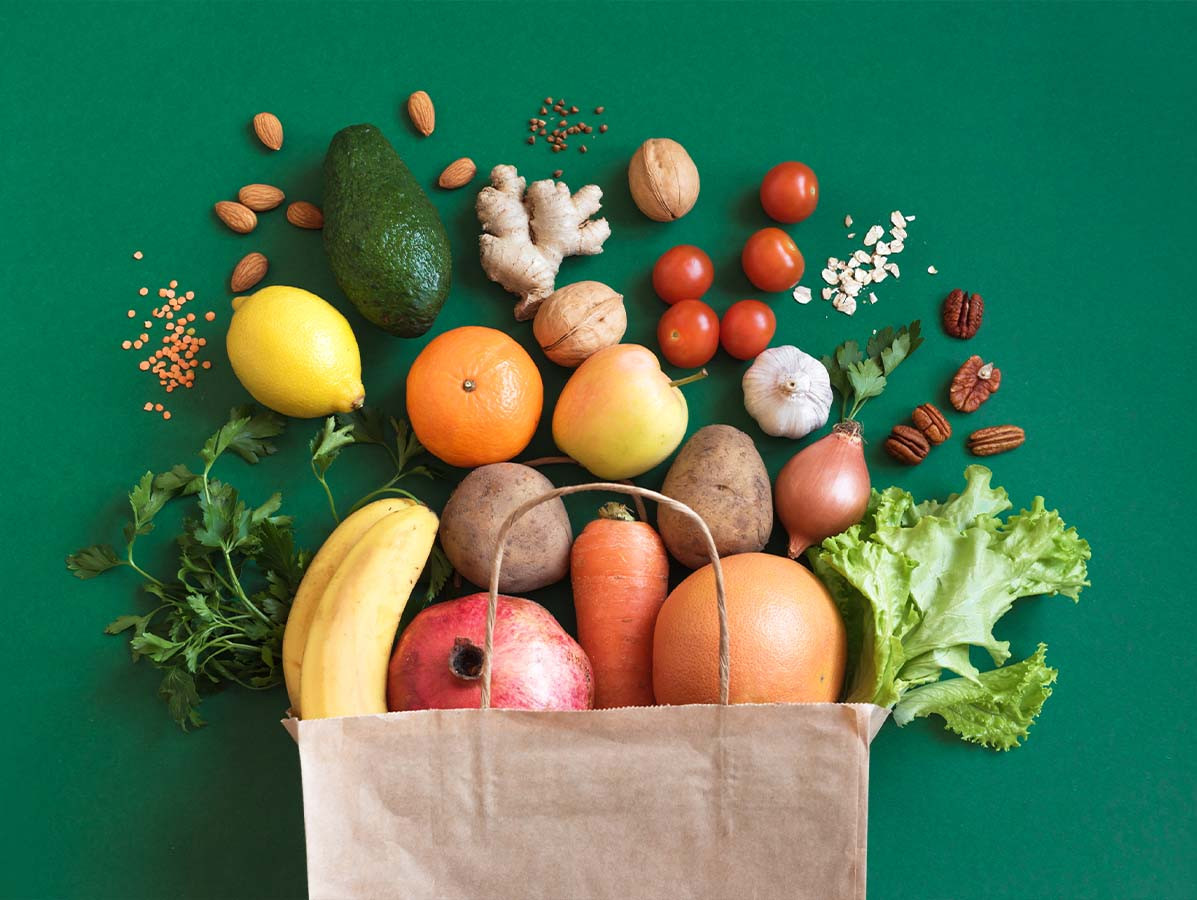
Dutch residents have the opportunity to change their eating habits without incurring additional costs. This is the conclusion of Reina Vellinga's doctoral research at the RIVM. Her findings indicate that even minor dietary changes can lead to significant health and environmental benefits. Notably, this includes a potential reduction in greenhouse gas emissions by up to a quarter. However, such a shift requires a complete overhaul of the current food system, necessitating government intervention and a series of effective measures like price adjustments.
Vellinga finds the current approach to promoting healthier and more sustainable eating fragmented and inadequate. She advocates for a comprehensive long-term strategy, emphasising increased cooperation across various government levels and involving both businesses and consumers. This could accelerate the process of change.
Vellinga emphasizes that the responsibility for making healthier and more environmentally friendly choices does not rest solely with consumers. The government and business sectors also play a pivotal role. For instance, by encouraging the reduction of unhealthy foods high in saturated fats, sugar, and salt. Price adjustments, such as making healthy and sustainable products more affordable, can be effective. This is supported by previous RIVM research, which showed that a tax increase on meat products resulted in a significant decrease (-36%) in meat consumption.
The effectiveness of these initiatives can be amplified by combining various measures. The introduction of a food choice logo like Nutri-Score, along with updated dietary guidelines, could enhance the impact of pricing strategies. Furthermore, producers can contribute by altering the composition of food products. Reducing the use of animal ingredients and lowering the environmental impact of products could lead to a healthier and more sustainable dietary pattern.
Source: RIVM